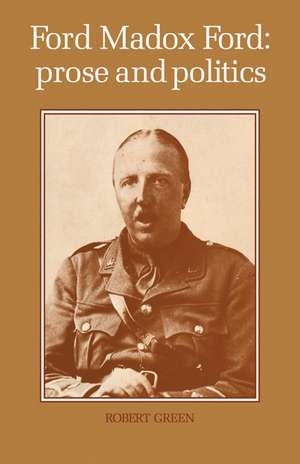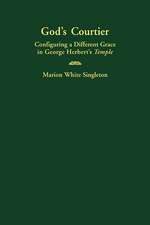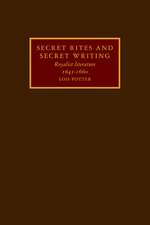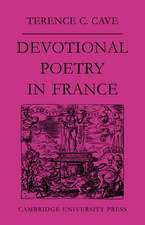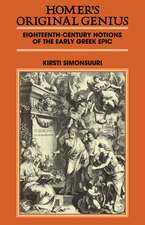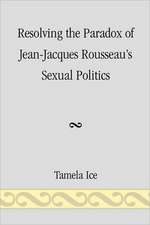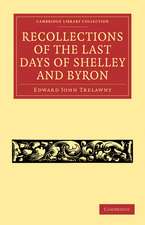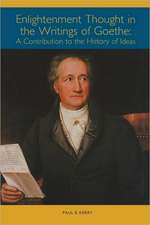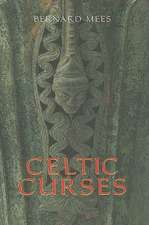Ford Madox Ford: Prose and Politics
Autor Robert Greenen Limba Engleză Paperback – 24 feb 2010
Preț: 281.49 lei
Nou
Puncte Express: 422
Preț estimativ în valută:
53.86€ • 56.39$ • 44.57£
53.86€ • 56.39$ • 44.57£
Carte tipărită la comandă
Livrare economică 05-19 aprilie
Preluare comenzi: 021 569.72.76
Specificații
ISBN-13: 9780521137034
ISBN-10: 0521137039
Pagini: 236
Dimensiuni: 140 x 216 x 14 mm
Greutate: 0.3 kg
Editura: Cambridge University Press
Colecția Cambridge University Press
Locul publicării:Cambridge, United Kingdom
ISBN-10: 0521137039
Pagini: 236
Dimensiuni: 140 x 216 x 14 mm
Greutate: 0.3 kg
Editura: Cambridge University Press
Colecția Cambridge University Press
Locul publicării:Cambridge, United Kingdom
Cuprins
Preface; Abbreviations; Part I. 1891–1909: 1. The early years; 2. The 'Fifth Queen' trilogy: the politics of nostalgia; Part II. 1910–1915: 3. Georgian pessimism: sketches for The Good Soldier; 4. The Good Soldier: the politics of agnosticism; Part III. 1916–1928: 5. The novelist of reconstruction; 6. Parade's End; Part IV. 1929–1939: 7. Ford's last novels: 'the small producer'; 8. The shape of an achievement; Notes; Bibliography; Index.
Notă biografică
Descriere
This text shows how Ford Madox Ford responded to the changes in European politics and culture before, during, and after the First World War.
